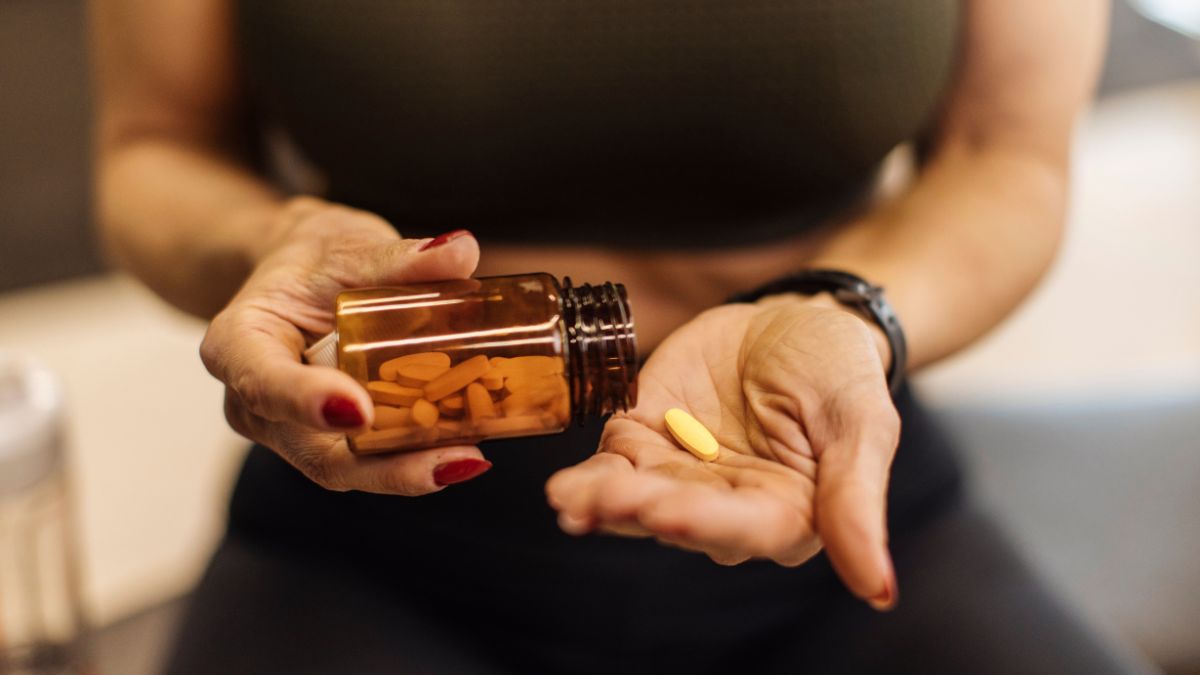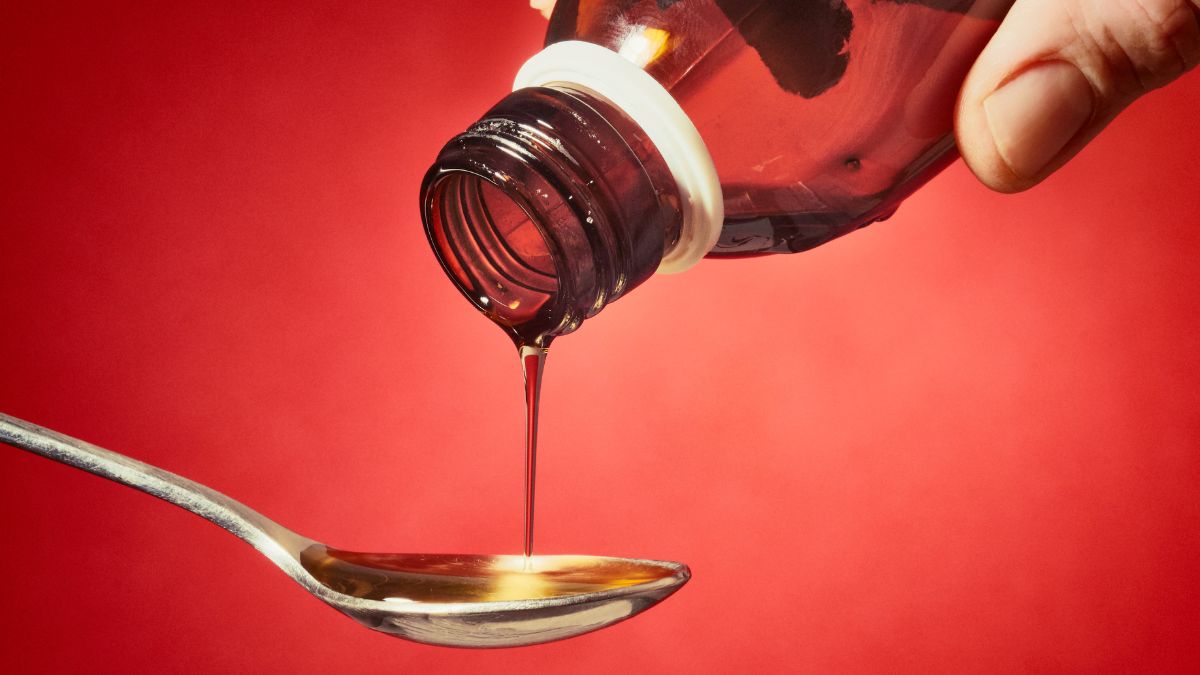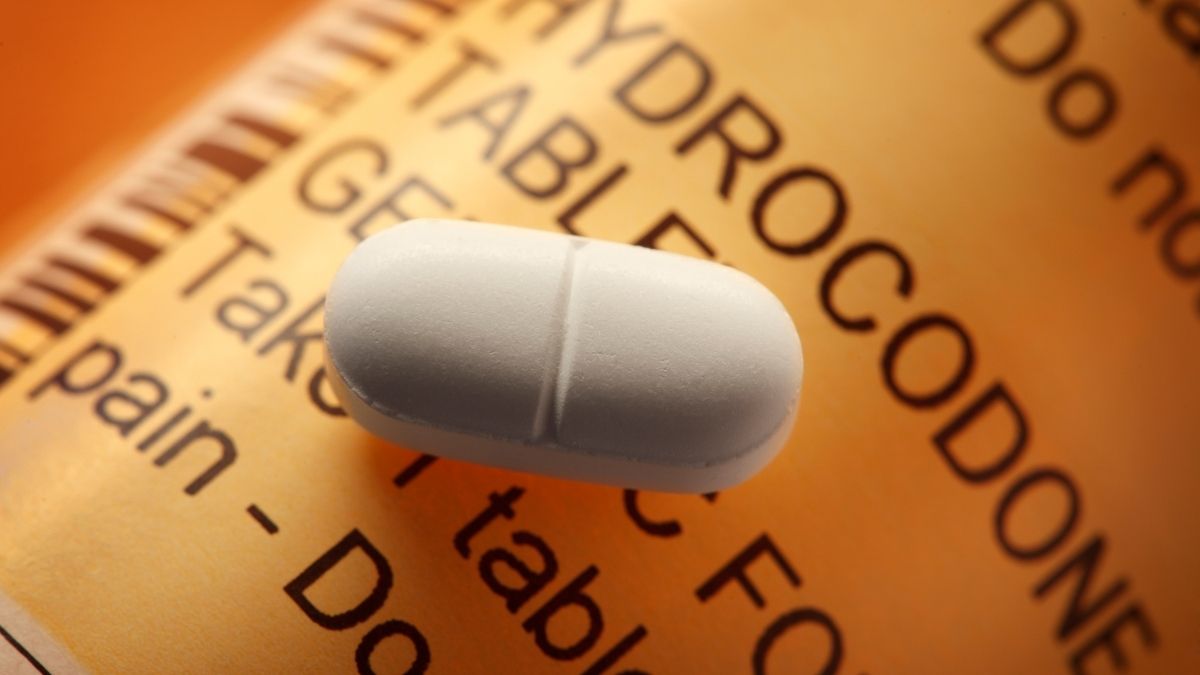A very common concern a lot of people have is ‘Can you drink alcohol while on antibiotics?’
Combining alcohol and prescription drugs can be risky. In general, doctors advise against drinking when taking medications. It is because mixing alcohol with drugs may raise the chance of dangerous side effects.
Individuals diagnosed with bacterial infections are curious can you drink on antibiotics if their doctor prescribes amoxicillin? Although mixing alcohol and amoxicillin is deemed safe, combining the two must be exercised with caution to prevent a potentially severe reaction.
What is Amoxicillin?
Amoxicillin is a penicillin antibiotic used to treat bacterial infections such as tooth abscesses, urinary tract infections, skin infections, infections of the ears, nose, and throat, and chest infections, including pneumonia. It can also be used as a treatment for stomach ulcers caused by the bacteria H. pylori in combination with certain antibiotics and medications. Amoxicillin is not used for the treatment of viral or fungal infections.

Amoxicillin is one of the most commonly prescribed antibiotics frequently used in children to treat chest and ear infections. In taking amoxicillin safely, it is important to complete the whole course of therapy as advised by your medical practitioner. Despite feeling better, you should not skip or stop amoxicillin doses because doing so can lengthen the duration of your infection. You may also potentially develop resistance to the medication and other antibiotic treatment options. This implies that you might not be able to use amoxicillin to treat bacterial infections in the future.
The only way to obtain amoxicillin is through a prescription. It is available in capsule, chewable tablet, or liquid form. It can also be injected, however, this is typically done exclusively in hospitals. Amoxicillin treatments normally last a few days to a few weeks. The recommended dosage depends on your medical condition.
Call Design for Recovery to Begin Your Healing Journey!
Reach out to our team to discuss sober living options and next steps toward a healthier routine.
What are the Side Effects of Amoxicillin?
Amoxicillin can have side effects, depending on the individual’s sensitivity to the drug.
Approximately one in ten individuals experience these common side effects. If the following most common side effects concern you or do not go away while taking the medication, speak to your doctor or pharmacist immediately:
- Nausea
- Diarrhea
- Vomiting
Short-Term Effects of Amoxicillin:
Since amoxicillin antibiotics are often taken as a short-term course, side effects should be minimal. In most instances, adverse symptoms disappear after an individual stops taking antibiotics. Short-term, non-life-threatening side effects, such as nausea, vomiting, and diarrhea, often subside in a matter of days or weeks.
Long-Term Effects of Amoxicillin:
Some individuals experience serious adverse effects, especially if they have a severe allergic reaction. For serious or persistent infections, such as osteomyelitis, an individual may need to take antibiotics for a longer amount of time. They have a higher chance of developing long-term issues as a result, including liver damage, nephritis, hemolytic anemia, and crystalluria (cloudy urine).
Call your medical practitioner or visit the nearest emergency room if you have any of the following severe reactions:
- Difficulty breathing
- Severe diarrhea that is bloody and lasts longer than four days, which may be accompanied by stomach pain
- Joint or muscle soreness that develops after taking the medication for two days
- A rash on the skin with circular red spots (may be less visible on brown or black skin)
- Possible indicators of liver damage or gallbladder issues: the whites of your eyes or skin may appear yellow (may be less visible on brown or black skin); pale stool and dark urine
- Bruises or changes in your skin tone
Contact Design for Recovery Today!
Fill out our quick form to connect with a peer mentor and learn how our sober living community supports accountability, structure, and personal growth in recovery.
Taking Amoxicillin with Alcohol
The FDA’s medication label for amoxicillin indicates no drug interactions with alcohol, which means that moderate alcohol consumption is safe when using amoxicillin. Amoxicillin and alcohol together won’t have a severe, long-lasting impact on your health.
It shouldn’t be a problem to have a glass of red wine with a meal. However, if you plan on consuming multiple glasses, you may be in danger. For instance, the combination of excessive alcohol and antibiotics develops nausea and vomiting, which are common side effects of amoxicillin.
It can also lead to other adverse reactions like headaches and diarrhea and aggravate nausea and vomiting. It is important to avoid alcohol completely when taking antibiotics to ensure a quick recovery.
Risks of Mixing Amoxicillin with Alcohol
Amoxicillin has no serious negative effects when combined with a moderate amount of alcoholic beverages. However, binge drinking alcohol while taking medicine may increase health risks, such as:
- Your immune system will be weakened by alcohol, which might disrupt the effectiveness of amoxicillin. It will take you longer to recuperate from your illness because alcohol intake is known to delay healing and recovery.
- Increased nausea is one of the negative side effects of amoxicillin. While using amoxicillin or other antibiotics, drinking alcohol might make these nauseating sensations worse.

To prevent affecting drug therapy, it is advised to avoid drinking alcohol when taking any prescription drug.
Side Effects of Mixing Amoxicillin with Alcohol
Alcohol and amoxicillin both have similar side effects, such as headache, nausea, vomiting, and diarrhea. You could be more vulnerable to such negative effects if you take both at once.
Some healthcare professionals may advise against alcohol intake since it may lead to dehydration and exacerbate symptoms of an underlying infection that is already being treated.
With that said, it is best to refrain from drinking alcohol when you are ill since alcohol interferes with your ability to recover from infections.
- What is Amoxicillin?
- What are the Side Effects of Amoxicillin?
- Short-Term Effects of Amoxicillin:
- Long-Term Effects of Amoxicillin:
- Taking Amoxicillin with Alcohol
- Risks of Mixing Amoxicillin with Alcohol
- Side Effects of Mixing Amoxicillin with Alcohol
Begin Lasting Sobriety Now!
Frequently Asked Questions
According to a study, combining amoxicillin and alcohol results in a decreased rate of absorption. This indicates that when alcohol is present, amoxicillin does not act as quickly as it should.
In other words, mixing amoxicillin with alcohol delays your system’s healing process.
While a moderate amount of alcohol is safe to consume while taking amoxicillin, heavy drinking will dehydrate you more and weaken your immune system, both of which can prolong the duration of your illness.
When you are unwell or still on antibiotics therapy, it is best to avoid alcohol consumption in order to heal faster.
Alcohol use and amoxicillin intake are generally considered safe. Even though moderate alcohol use does not affect drug efficacy, it can lower your energy and slow down your recovery from bacterial infection.
To be safe, avoid alcohol for 48 to 72 hours after you finish the last dose of amoxicillin. You should also wait until your illness has completely resolved before you drink alcohol to ensure your body’s ability to heal and recover.
Unlike other prescribed antibiotics, such as tinidazole and metronidazole, amoxicillin does not interact with meals or beverages, so you may continue your usual diet.
On the other hand, tinidazole, metronidazole, and several other antibiotics can result in a severe reaction when taken with alcohol.
Yes, you can drink alcohol while taking amoxicillin. Moderate drinking of alcoholic beverages is safe when you’re taking the drug. However, it is still safer to refrain from drinking alcohol while taking antibiotics and other medications.
Drinking alcohol may worsen the side effects of amoxicillin, such as a weakened immune system, making bacterial infections more difficult to cure.
If you have alcohol abuse and find it challenging to stop drinking, you may need professional treatment advice or assistance from alcohol rehab.
- Mergenhagen, K. A., Wattengel, B. A., & Skelly, M. K., Clark. (2020). Fact versus Fiction: a Review of the Evidence behind Alcohol and Antibiotic Interactions. Antimicrobial agents and chemotherapy, 64(3), e02167-19. https://doi.org/10.1128/AAC.02167-19
- Amoxicillin. (2021, November 12). NHS.UK. https://www.nhs.uk/medicines/amoxicillin/
- Akhavan BJ, Khanna NR, Vijhani P. Amoxicillin. (2022, August 8). Amoxicillin. National Library of Medicine. https://www.ncbi.nlm.nih.gov/books/NBK482250/
- Trevejo-Nunez, G., Kolls, J. K., & de Wit, M. (2015). Alcohol Use As a Risk Factor in Infections and Healing: A Clinician’s Perspective. Alcohol research: current reviews, 37(2), 177–184. https://www.ncbi.nlm.nih.gov/pmc/articles/PMC4590615/
- Amoxicillin. (2022, January 15). MedlinePlus.gov. https://medlineplus.gov/druginfo/meds/a685001.html
- Morasso, M. I., Hip, A., & Márquez, M. (1988). Amoxicillin kinetics and ethanol ingestion. International journal of clinical pharmacology, therapy, and toxicology, 26(9), 428–431. https://pubmed.ncbi.nlm.nih.gov/3198295/







Written By
David Beasley